A 72-hour kit is one of the most important things you could ever have in your home. You never know when you will be forced out of your home for any reason.
A 72-hour kit is a setup that you would carry with you when you have to flee from your home to ensure emergency preparedness. This will be used if you have to get out due to such concerns as:
- Earthquake
- Chemical leak
- Tornado
- Hurricane
- Terror attack
- Anything else that prompts mandatory evacuations in your region
The kit gets its name from how it includes the things that you would require for 72 hours, or three full days, after you leave home.
You may be allowed to get back to your home before those 72 hours are over, depending on the situation. With your bag, you have some extra time to prepare if you cannot get back home within that period. You will have the materials needed for emergency preparedness while living out somewhere if you cannot get back home or to any other type of shelter within a certain time.
There are several things that you must have in your 72-hour kit. These are vital materials that must work well for your survival.
Food Supplies
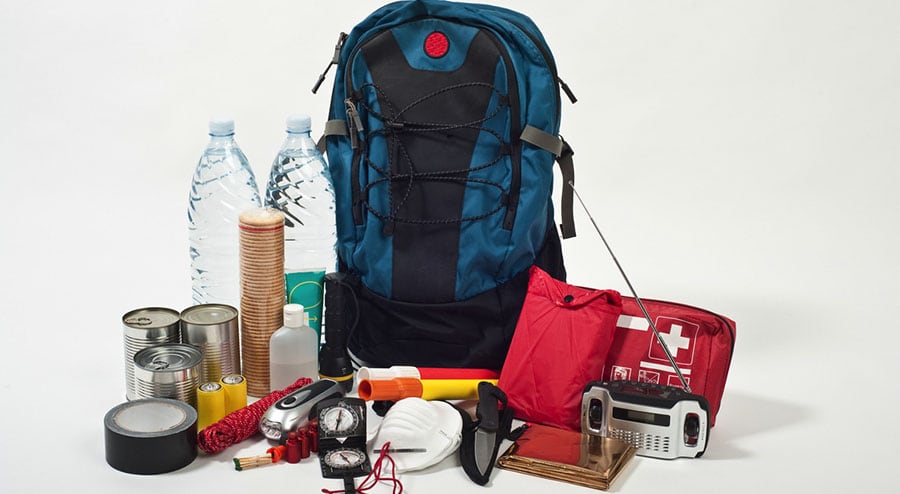
Start by packing the right food-kit supplies. There are a few types of food and water that you should secure in your kit:
- One gallon of water per day for each person
- Cereals
- Canned foods, specifically canned fruits and vegetables
- Protein bars; these include granola bars
- Juice
- Freeze-dried food
- Non-perishable food
Make sure the proper rations are prepared inside the kit:
- Plan everything out based on the number of people that will be traveling with you. This includes all of your family members. You could always add a little extra in the event another person outside of your family or someone who is visiting the home is traveling with you.
- Get everything set up with a basic three-meal structure. The layout entails having foods for breakfast, lunch, and dinner each day.
- Watch for how the packages and utensils are prepared too. Such items to pack include dishes, forks, knives and other items. Disposable utensils and plates are always worthwhile.
A good rule of thumb for planning your food and water is to rotate your foods out every six months. This ensures you will have fresh food on hand. Anything that is too old might become hard to consume or prepare. Some food could spoil over time too.
Cooking Materials
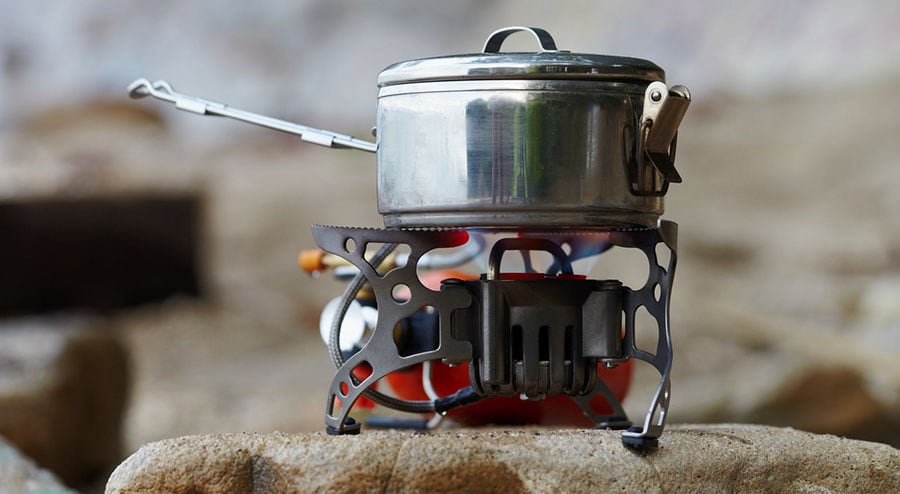
Portable cooking materials should be brought along with you to help with preparing anything you plan on eating. Such cooking utensils include:
- A portable stove or cooker
- Enough fuel for the stove; the fuel is usually secured in sturdy canisters
- Pots and other food storage items
Clothing

Get enough clothing for everyone in your group as you plan your 72-hour kit. This includes all the socks, underwear, shirts and other items you need.
Switch out the clothing in your 72-hour kit as the seasons change. Sturdy jackets are not necessary during the summer but they will be ideal for the winter, for example.
Always check on anyone’s fits when getting the clothing ready. You might have to switch out your children’s clothes on occasion in the event you have any young ones traveling with you.
Rain and Snow Protection
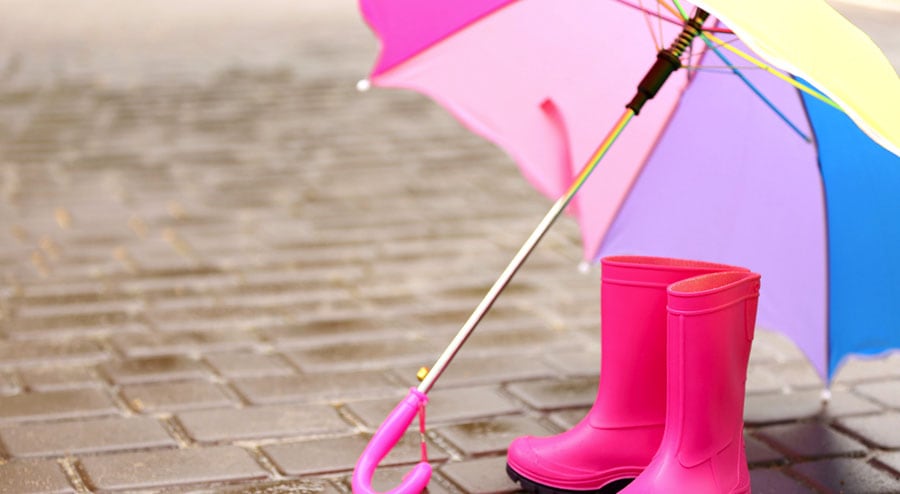
Get a few raincoats and ponchos for everyone in your potential party. These will keep people from protected from rain and snow. Heat blankets that also keep people warm during such difficult conditions can also help.
Sleeping Surfaces
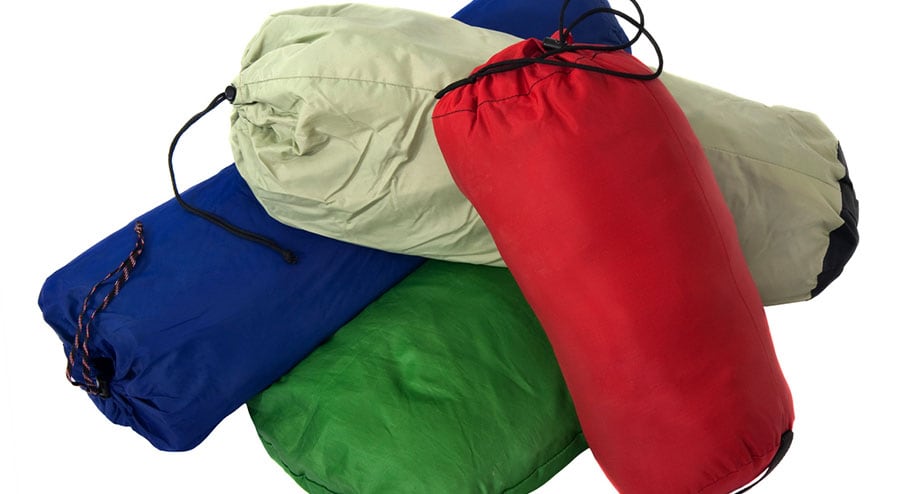
Bring all the necessary sleeping materials you need inside your 72-hour kit. These materials include:
- A tent that is large enough for your entire party
- Enough sleeping bags for everyone
- A sleeping pad; this is a surface that keeps the sleeping bags off of the ground and is vital for cold weather conditions
- A bug-out bag is a good idea if you are sleeping outside
Personal Materials
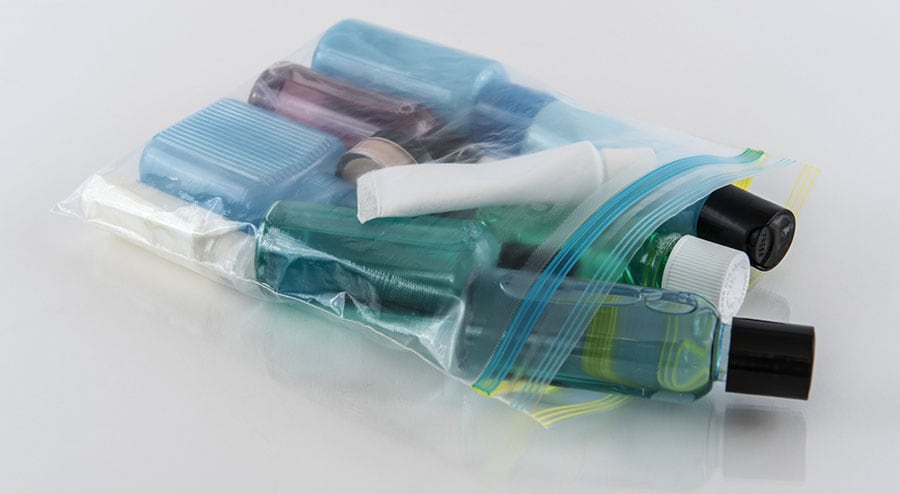
Just because you are out of your home does not mean that you cannot properly take care of your body. Proper hygiene is still needed as you could become ill if you are too dirty or unkempt while evacuating.
Bring the following personal items with you:
- Toothpaste and brushes for everyone
- First-aid kit
- Soap
- Hand sanitizer
- Toilet paper; try and remove the cardboard rolls on the inside to make the paper easier to compress in your kit
- Any feminine hygiene products any woman might require
- Pain and allergy medicines
- Any medications you or other people might require
First Aid Kit
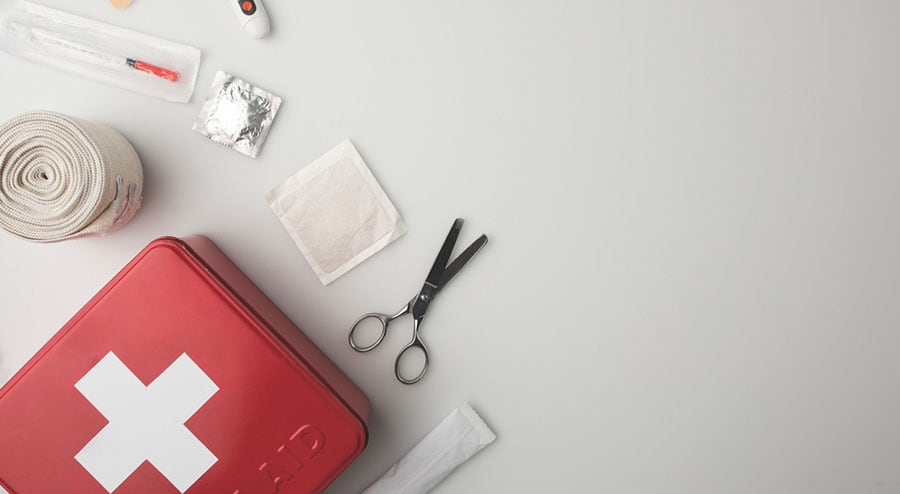
Always bring a first aid kit inside your 72-hour kit. You must take care of anyone who is hurt during your trip. A first aid kit must include:
- Bandages of various sizes
- Dressings for larger wounds
- Shears for cutting gauze and other items
- Antiseptic wipes
- Moisturizing ointments
- Rubbing alcohol for cleaning out certain areas
- Cotton wipes
- Tweezers
Everything has to be prepared in a sturdy case so no outside materials can get inside. All of these materials must be secured in their sterile packages too.
Lights
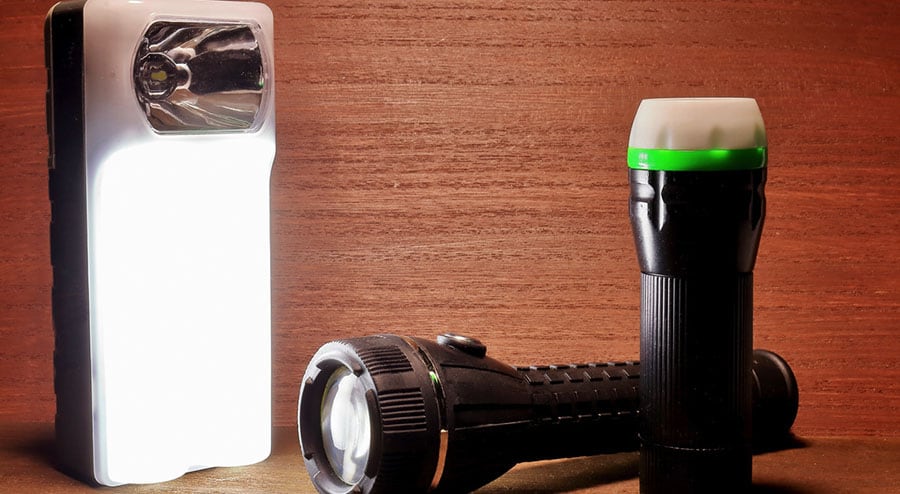
Bring a few flashlights with you inside your kit. Although battery-powered options are useful, you might benefit more from crank-powered lights that operate off of kinetic energy. But if you do wish to bring battery-powered ones, you should at least bring along plenty of extra batteries just to be safe.
Flares may also be used if you have an emergency and you need to signal that you are stuck somewhere. Bring plenty of flares with you and make sure you know how they work.
Try to avoid bringing candles or matches if possible. Although they can produce light, you should avoid them as they are flammable and could be risky for your use depending on where you are going. Also, those materials may not last as long as a flashlight.
Radio
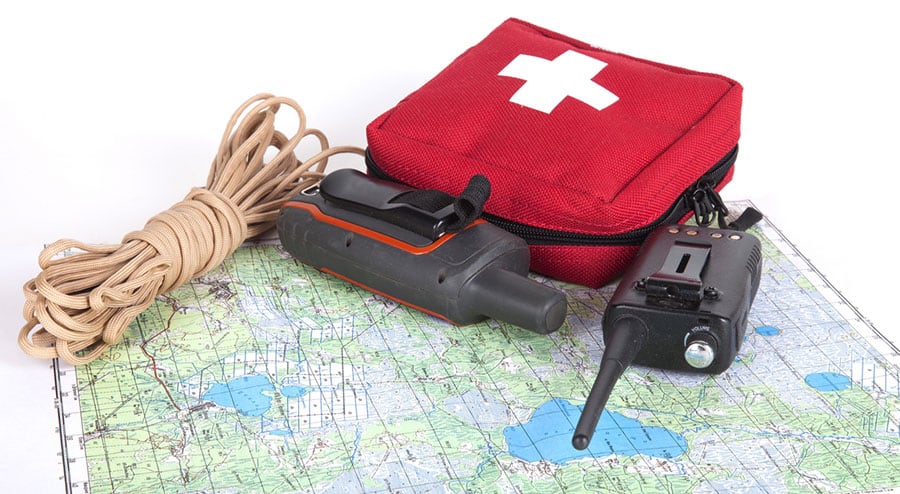
A portable radio that has access to weather stations and other information channels is always worth having. Make sure you get the right batteries for it. A crank-operated radio is also ideal for how it does not need any batteries for its use. Be certain that you know how well the radio can be used and that you have an idea of what stations are available where you are.
Documents
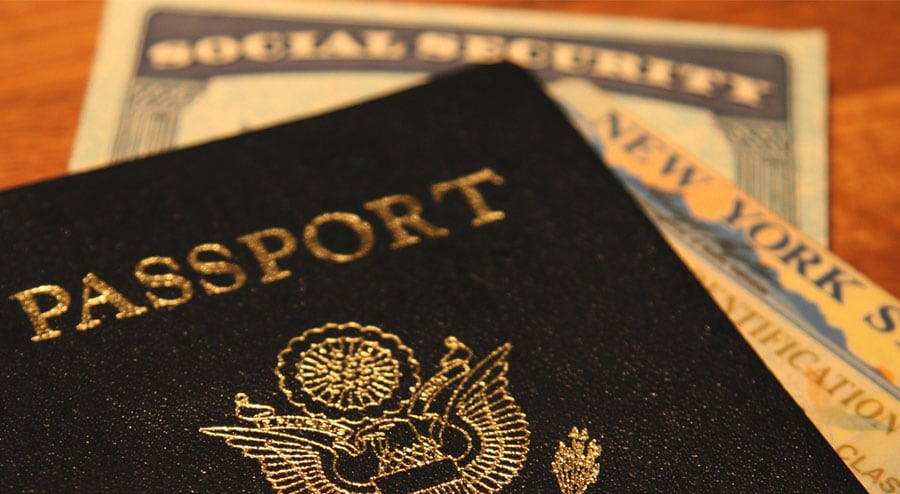
Get all the proper documents you need ready. Bring the following items:
- Contact information for all your family members, any friends you have and places of employment
- Copies of your legal documents including insurance policies, birth and marriage certificates, banking data and so on
- Pictures of value to you if needed
- Any contracts you have made with others for services
- Passports, driver’s licenses and other vital identification cards or papers; you can always order copies of them to go along with what you regularly use
Always keep your documents updated and switch them out depending on when any changes are noted in those papers.
Money
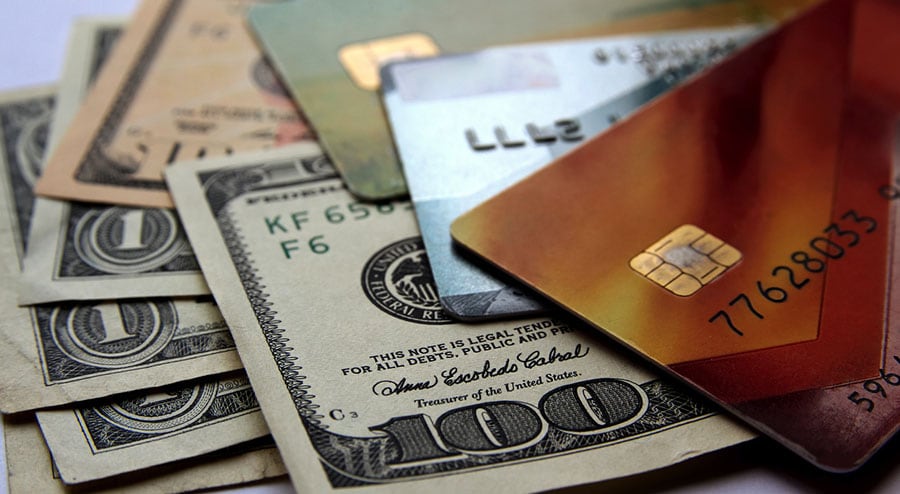
Always bring money and things you can pay stuff off with in your kit. Include the following:
- Enough money in bills and quarters; about $100 is good enough in most instances
- A credit card for if you can get to a hotel that is operational
- Phone cards; they must be pre-paid and able to work within your country
It is best to get your wallet or purse out with you, especially with it already containing the vital items you need. But you should still get copies of your driver’s license, credit cards, and other things you regularly have in your wallet or purse if the event that you cannot access those carrying items. The copies must then be added to your bag so you have them on hand.
Extra Activities
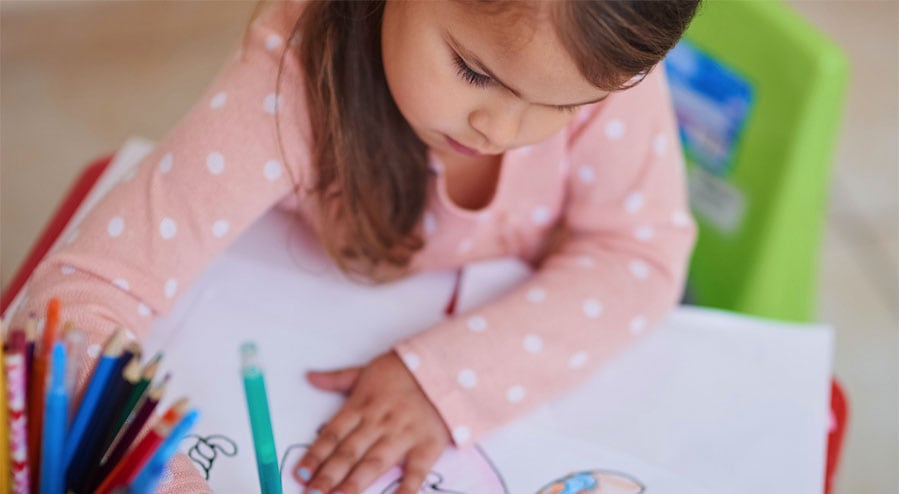
Feel free to add some books and writing utensils or even some board games with you. It never hurts to bring things to keep the kids occupied if you have any younger people in your party. A child’s favorite stuffed animal could be included in the bag too. Bring things that will keep them entertained while ensuring that they will not feel overly worried or concerned about what might happen.
How Will You Store It All?
Make sure you get a bag or even a few bags for storing your 72-hour kit. A good rule of thumb is to have one bag for every person who will be traveling with you. This should be enough to get everyone in your party covered while being able to sort through each bag to prepare the correct inventory. You can still try to get everything in one duffel bag, if possible.
Multiple bags can be useful provided you request that others in your party carry them along. Those people should be willing to carry what you have secured if necessary.
Be certain that everyone in your party is protected if you have to evacuate your home for a period. Get your 72-hour kit prepared today. Be sure you plan a schedule for when you will check on the bag and replace anything inside of it too.

